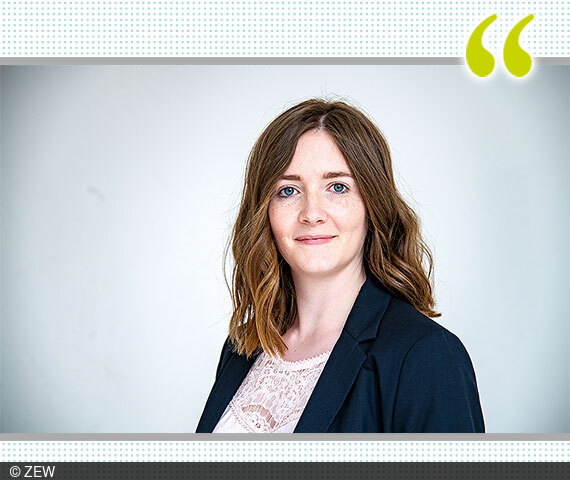“Rural Households Benefit More than Families in Urban Areas”
CommentAfter long negotiations, the German government has agreed to introduce the so-called Baukindergeld, a subsidy granted per child to help families to build or buy homes. The government subsidy programme to finance residential construction and real estate purchases will apply retroactively from January 2018 and aims to make it easier for young families to acquire residential property.
Dr. Carolin Schmidt, real estate expert and researcher in the ZEW Research Department “International Finance and Financial Management” comments on the planned programme: “The government scheme aims to support first-time home buyers by granting them 1,200 euros per minor child per year and over the course of ten years. In order to be eligible for the subsidy, the taxable household income of families with, for example, one child must not exceed 90,000 euros. However, since the subsidy is equally available to all families regardless of where they live, rural households benefit more than those in urban areas, where residential property is more expensive. In addition, the trend is that the shortage of housing and the lack of building land are causing prices in metropolitan areas to rise further. Consequently, new houses will be built primarily in rural areas, where they are not needed to such an extent.
There are, however, alternatives to easing the burden on families other than the ‘Baukindergeld’. One option would be a reduction of the land transfer tax, which in some federal states amounts to as much as 6.5 per cent of the purchase price. Another frequently suggested measure would be to introduce the ‘client pays agent’ principle applied in flat rentals, in which the broker’s commission has to be paid by the contracting party. At best, as was the case in the Netherlands, this principle can foster competition among real estate agents and lower brokers’ commissions, since home sellers then select their broker more carefully and negotiate prices in advance.”
For more information please contact:
Dr. Carolin Schmidt, Phone +49 (0)621/1235-287, E-Mail carolin.schmidt@zew.de
